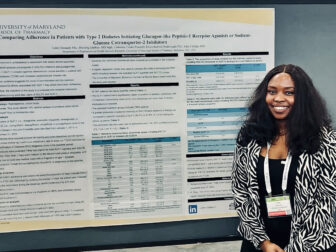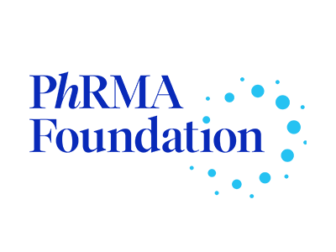Udim Damachi

Assessing the Effectiveness of Blood Pressure Drugs for Preventing Heart Failure in Breast Cancer Patients
Summary
About 1 in 4 women are affected with breast cancer globally. Anthracyclines are one of the most used treatments for breast cancer patients. Despite their ability to improve survival for women with breast cancer, anthracyclines can cause severe short- and long-term heart failure, particularly in patients with pre-existing heart disease. To protect the heart, medications used to treat high blood pressure — such as angiotensin-II receptor blockers (ARBs), angiotensin-converting enzyme (ACE) inhibitors, and beta-blockers — are recommended for individuals taking anthracyclines. However, there’s not a lot of evidence supporting the use of these blood pressure medications because the clinical trial studies conducted have been in small groups of people and did not include people with heart diseases. Therefore, I aim to use real-world data to investigate the use of these drugs in preventing heart failure in early breast cancer patients with and without heart disease. Finding effective agents to prevent heart failure caused by anthracyclines is important for breast cancer patients to improve overall survival and ensure they receive optimal cancer treatment.
Watch a Q&A with Udim
The PhRMA Foundation grant holds immense significance for my future because it provides invaluable support and recognition for my research. This fellowship provides me with the opportunity to enhance my abilities as an independent researcher and advance my dissertation research focused on providing evidence for the effective management and prevention of cardiac adverse outcomes in breast cancer patients.

